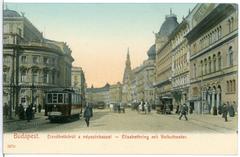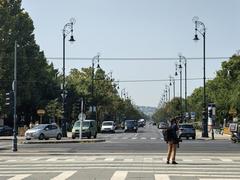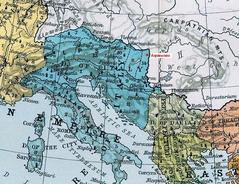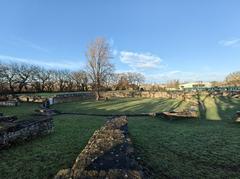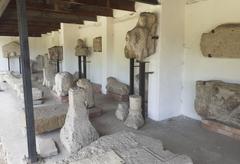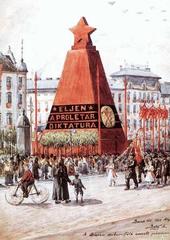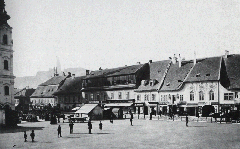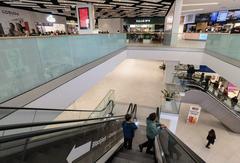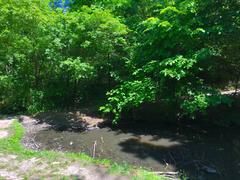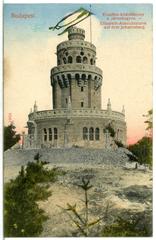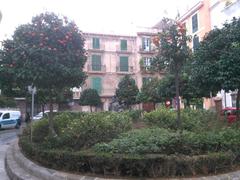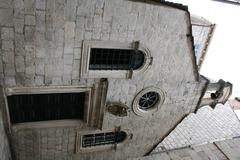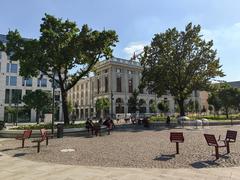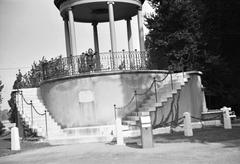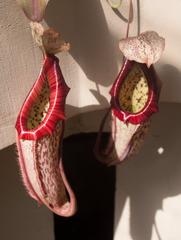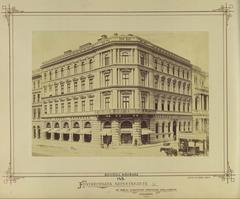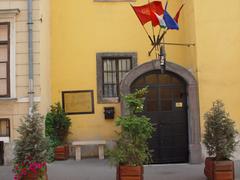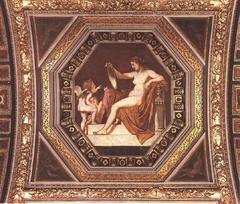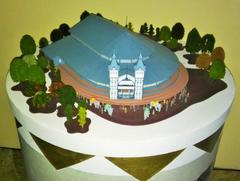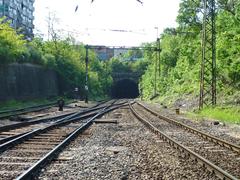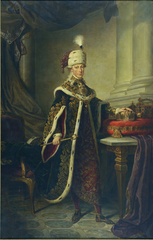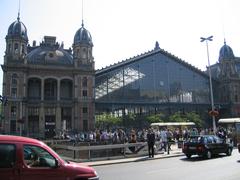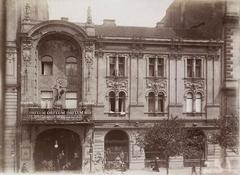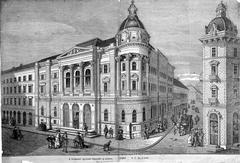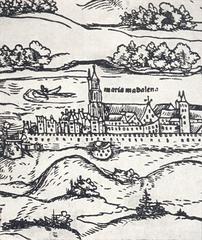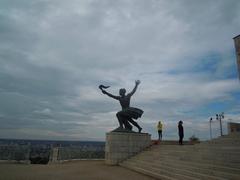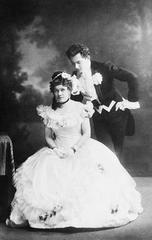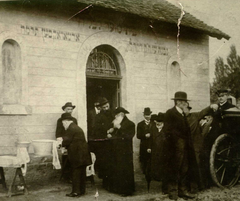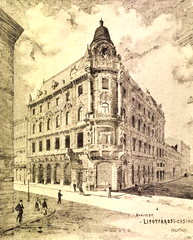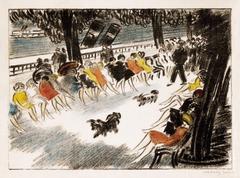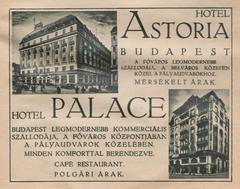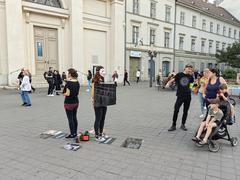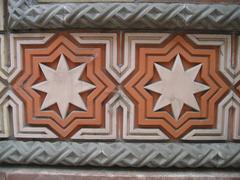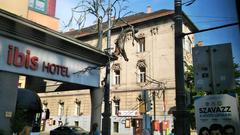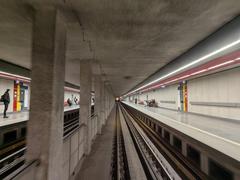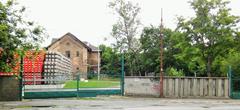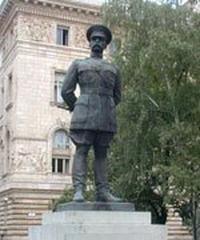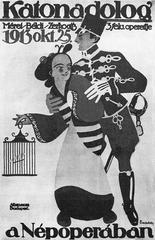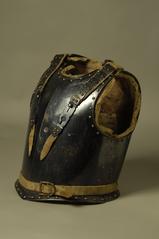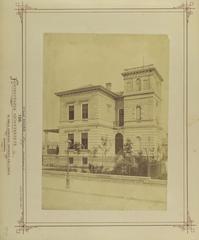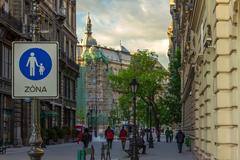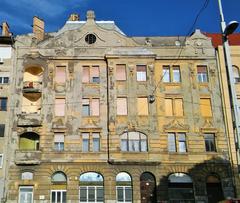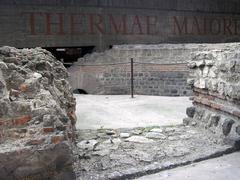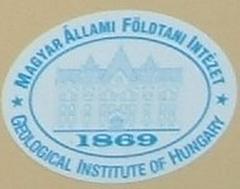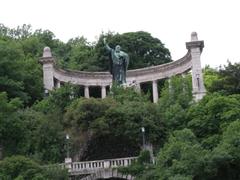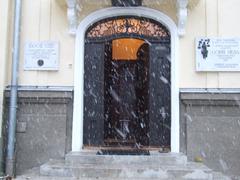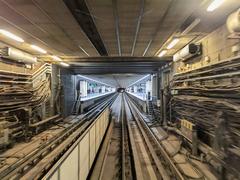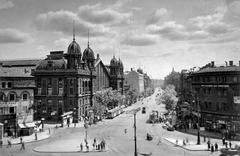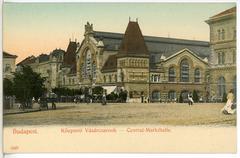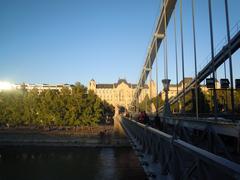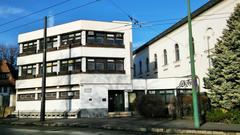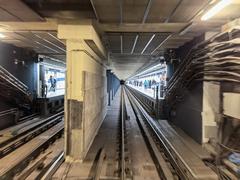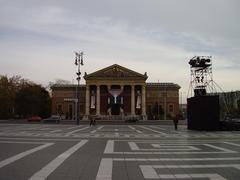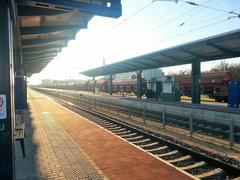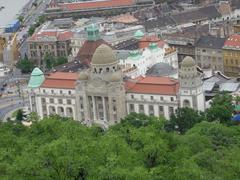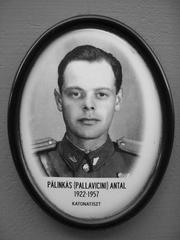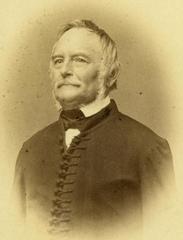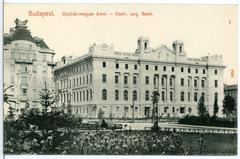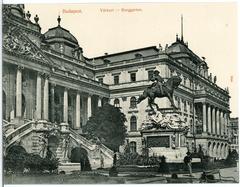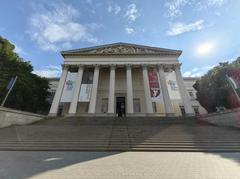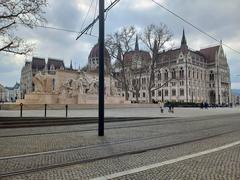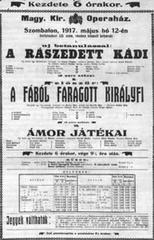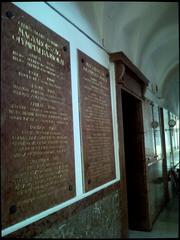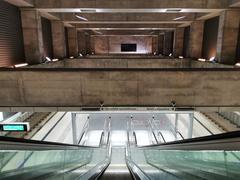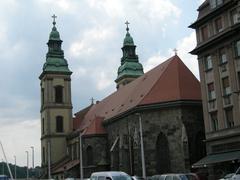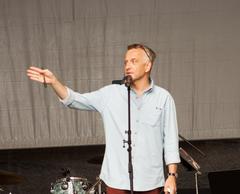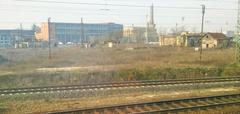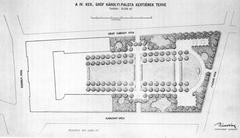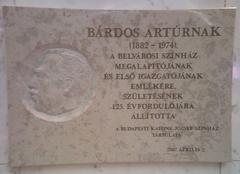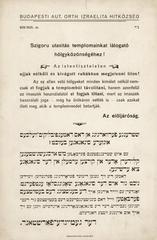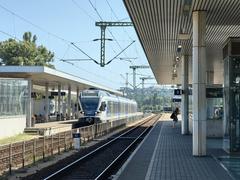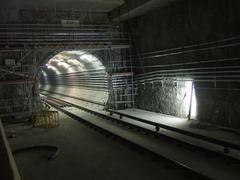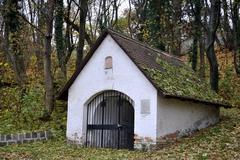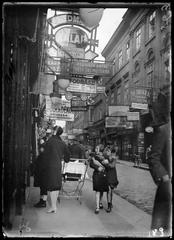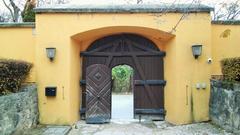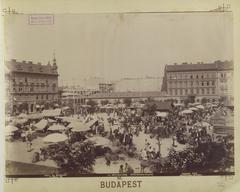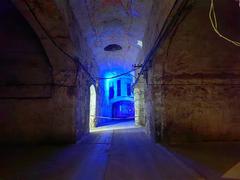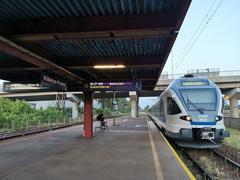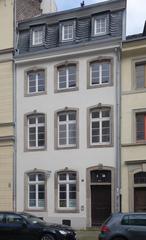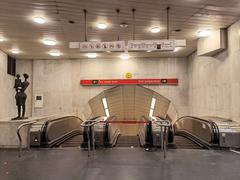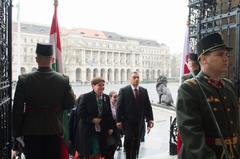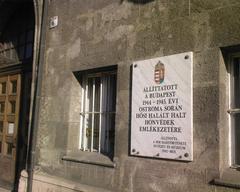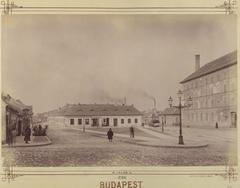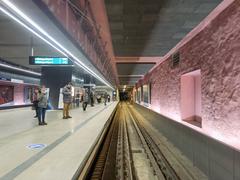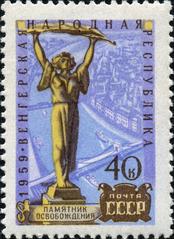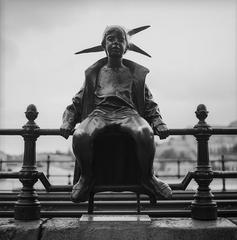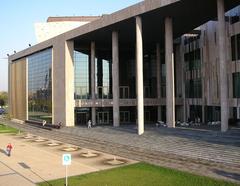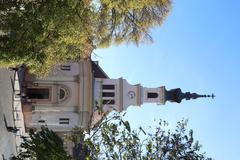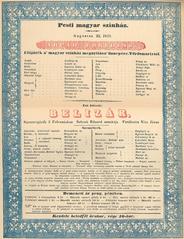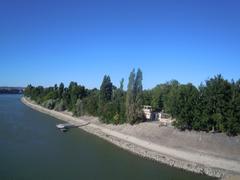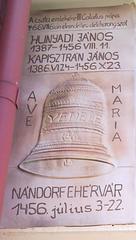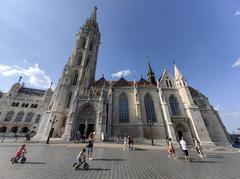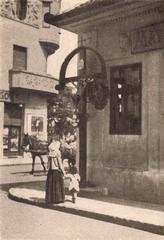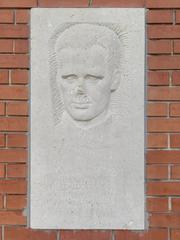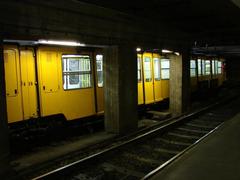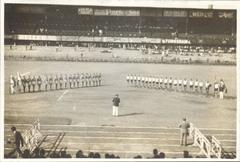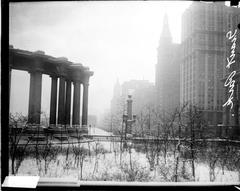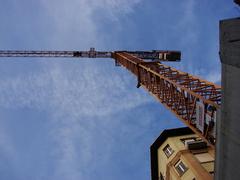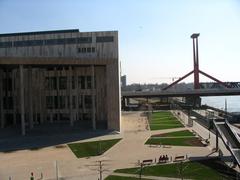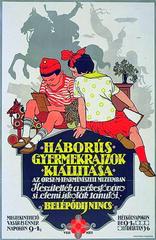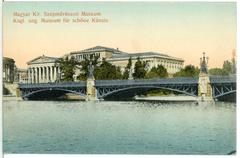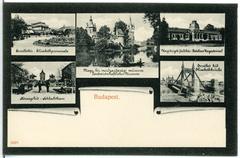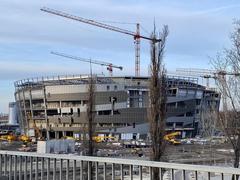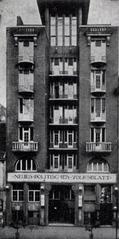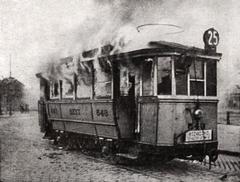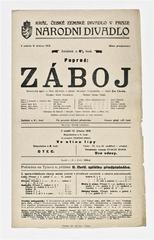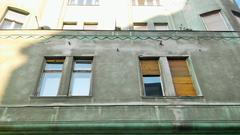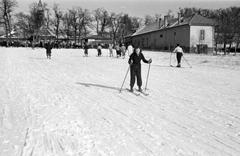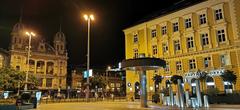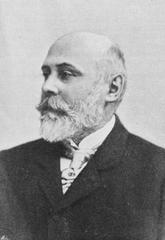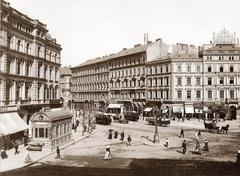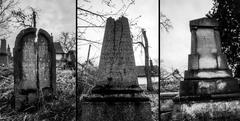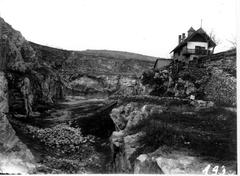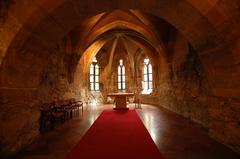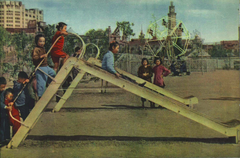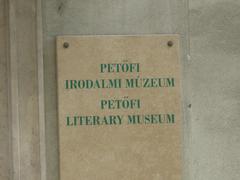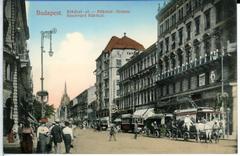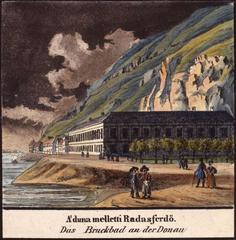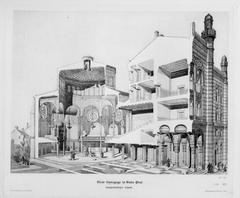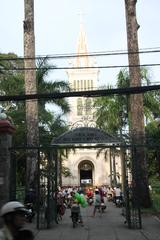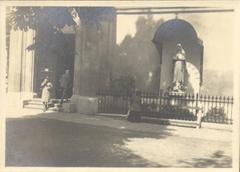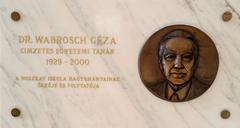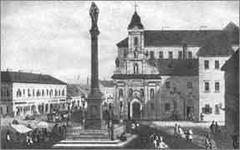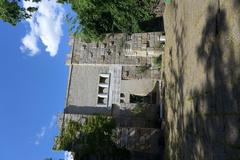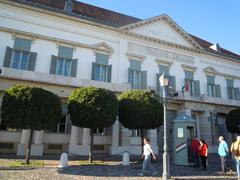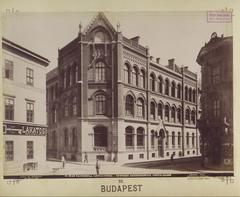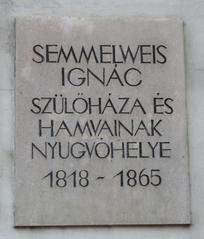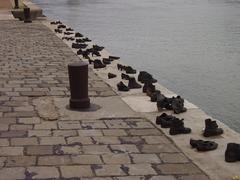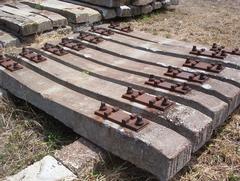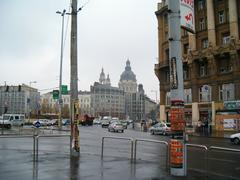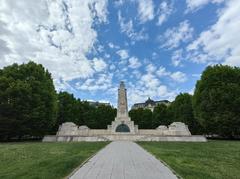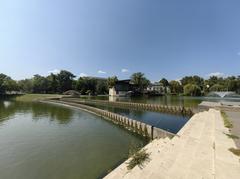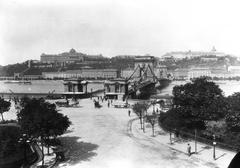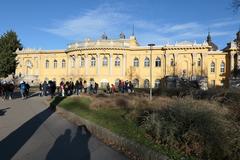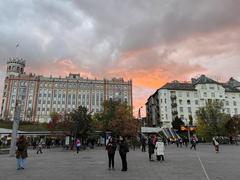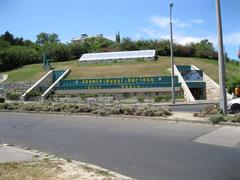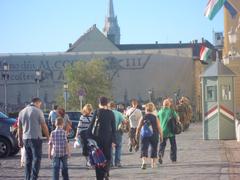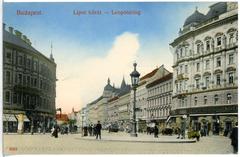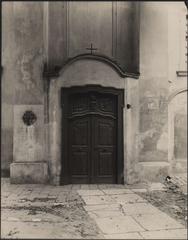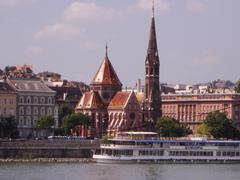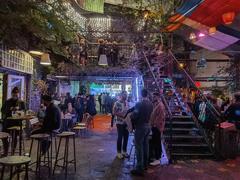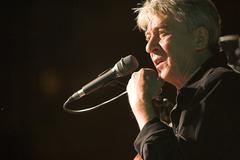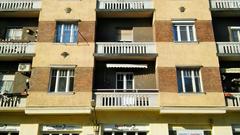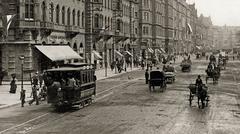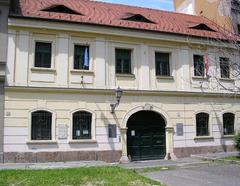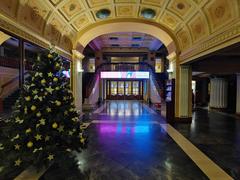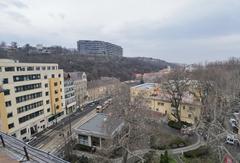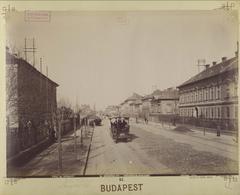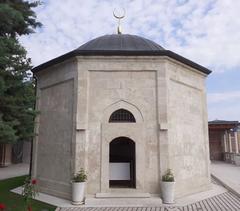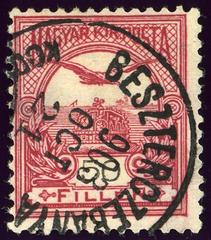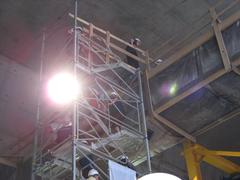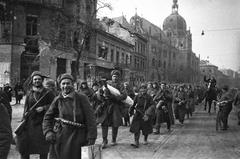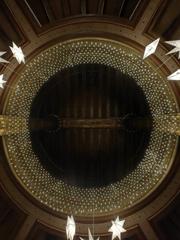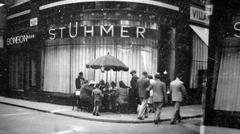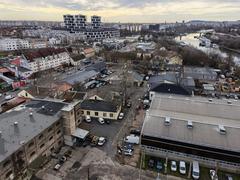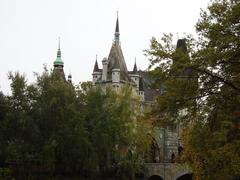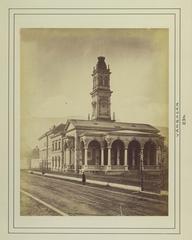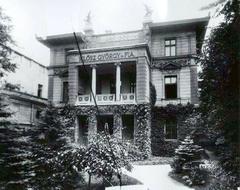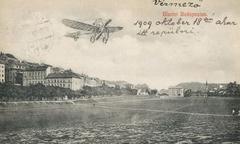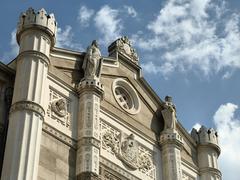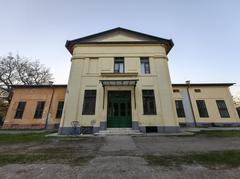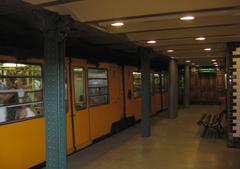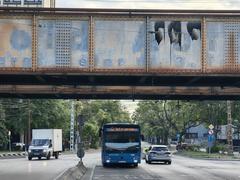Visiting Pázmány Péter Catholic University, Budapest: Complete Guide to Tickets, Hours, and Tips
Date: 03/07/2025
Introduction: History and Significance of Pázmány Péter Catholic University
Pázmány Péter Catholic University (PPCU) is one of Hungary’s most historic and distinguished universities, seamlessly blending a centuries-old heritage with innovative academic programs. Founded in 1635 by Cardinal Péter Pázmány during the Ottoman occupation, the institution was initially established in Nagyszombat (now Trnava, Slovakia) to strengthen Catholic education and values in a time of political upheaval (Edarabia). Over its long and eventful history, PPCU underwent significant transformations: relocation to Buda in 1777 under Empress Maria Theresa, survival through world wars and communist reforms, and a renewed role after Hungary’s political changes in the late 20th century (Ferenc2023).
Today, PPCU welcomes over 6,300 students—including an active international community—across diverse faculties such as Humanities, Social Sciences, Law, Information Technology, Bionics, and Theology (QS China). The university’s city-center presence, especially its new campus in the Palace District, brings together renovated 19th-century palaces with cutting-edge educational spaces (PestBuda; Finta Studio).
This comprehensive guide is for prospective students, visitors, and anyone interested in Hungary’s educational and cultural landscape. It covers PPCU’s history, visiting hours, campus tours, admissions, academic highlights, and travel tips, providing everything you need to plan your visit or application (Daily News Hungary).
Table of Contents
- Introduction
- Historical Overview
- Campus and Architecture
- Visiting Hours and Tours
- Getting There and Nearby Attractions
- Admissions and Academic Programs
- Campus Life and Facilities
- Visitor Tips
- Frequently Asked Questions (FAQ)
- Conclusion
- Sources
Historical Overview
Founding and Early Development (1635–1770s)
PPCU’s origins date back to 1635, when Cardinal Péter Pázmány established the university in Nagyszombat. It rapidly became a beacon of Catholic learning and played a pivotal role in Hungary’s Counter-Reformation (Edarabia).
Relocation and 19th Century Expansion
In 1777, Empress Maria Theresa moved the university to Buda, integrating it into the Habsburg educational reforms. The 19th century saw the introduction of new faculties and the university’s rise as a center of Hungarian intellectual life (Edarabia).
20th Century Challenges and Renewal
- World Wars and Reforms: PPCU became the Royal Hungarian University of Science Péter Pázmány in 1921, navigating turbulent political times (Edarabia).
- Communist Era: The 1950 reforms separated the Theology Faculty, which remained an accredited Catholic academy (Ferenc2023).
- Re-establishment: After 1990, the university was revived and accredited as a Catholic higher education institution, regaining its national and international reputation.
Campus and Architectural Highlights
The Palace District and New Campus
PPCU’s new campus is located in Budapest’s vibrant Palace District (Józsefváros), surrounded by historical palaces and cultural sites (PestBuda). The campus masterplan, selected from an international design competition, prioritizes the integration of restored 19th-century buildings like the Esterházy and Károlyi Palaces with contemporary educational facilities (Finta Studio). The result is a harmonious blend of tradition and innovation, providing modern learning environments within a historic context (Daily News Hungary).
Facilities and Layout
- Academic Buildings: State-of-the-art lecture halls, research labs, and faculty offices.
- Library & Learning Commons: Digital resources and quiet study spaces.
- Public Areas: Courtyards, gardens, and cafés encourage social interaction.
- Accessibility: Barrier-free design for visitors with disabilities.
Sustainability
The campus emphasizes energy efficiency, green spaces, and pedestrian/bicycle infrastructure, aligning with Budapest’s sustainability goals (Hungarian Conservative).
Visiting Hours, Tickets, and Tours
- Visiting Hours: Weekdays, typically 9:00 AM–5:00 PM for public areas. Departmental hours may vary; check the official website.
- Tickets: Entry to public areas is free. Special exhibitions or tours may require advance booking and a small fee (PPKE Visitors).
- Guided Tours: Available by appointment—especially during open days or special university events. Tours highlight the campus’s architectural and historical features.
- Accessibility: Most buildings are wheelchair accessible; contact the university for specific needs.
Getting There and Nearby Attractions
- Address: Szentkirályi utca 28, 1088 Budapest, Hungary
- Public Transit: Metro Line 3 (Kálvin tér), trams 47/49, and multiple bus routes.
- Nearby Sights:
- Hungarian National Museum
- Buda Castle
- St. Stephen’s Basilica
- Great Market Hall
- Danube Promenade
- Palace District’s cafés and restaurants (budapestinfo.hu)
Admissions and Academic Programs
PPCU welcomes both Hungarian and international applicants. Admission requirements differ by faculty but generally include transcripts, language proficiency, and, for some programs, entrance exams. The university participates in scholarships such as the Stipendium Hungaricum (Stipendium Hungaricum).
Popular Programs
- MA in History: With specializations like Armenian Studies and a focus on European, Mediterranean, and Middle Eastern history (PPCU History MA).
- Information Technology & Bionics: Advanced research opportunities in biomedical engineering and computer science.
Campus Life, Community, and Facilities
Atmosphere
PPCU is known for its close-knit, familial atmosphere—students and staff often know each other by name, fostering collaboration and a sense of belonging (EDUopinions).
Facilities
- Modern classrooms and labs
- On-campus cafés and study spaces
- Bookstore and vending machines
- No on-campus accommodation (dormitories currently closed); many hotels and rentals nearby (EDUopinions)
Activities
- Student-led events: language groups, tea afternoons, sports tournaments
- Cultural events and guest lectures
- Research collaborations with Budapest institutes
Visitor Tips
- Plan Ahead: Check departmental hours and event calendars online before your visit.
- Dining: The area around PPCU is filled with student-friendly cafés and restaurants offering Hungarian and international cuisine.
- Photography: Permitted in public spaces; request permission for classes/events.
- Language: Hungarian is the main language, but many staff and students speak English—especially in international programs.
- Safety: The campus and surrounding district are safe and well-patrolled.
Frequently Asked Questions (FAQ)
Q: What are the visiting hours for PPCU?
A: Generally, Monday–Friday, 9:00 AM–5:00 PM for public areas; check the website for department-specific times.
Q: Is there an entry fee?
A: No, entry to public areas is free. Some tours or exhibitions may require a small fee.
Q: Are guided tours available?
A: By appointment, especially during open days or special events.
Q: Is the campus accessible for visitors with disabilities?
A: Yes, most buildings are wheelchair accessible. Contact the university for assistance.
Q: Can I attend university lectures or events?
A: Some public lectures and events are open to visitors; check the university’s event calendar.
Q: Is accommodation available on campus?
A: On-campus dormitories are currently closed. Use local hotels or short-term rentals instead.
Conclusion
Pázmány Péter Catholic University is a unique convergence of history, faith, and academic innovation in Budapest. Whether you’re a prospective student, a cultural explorer, or simply curious about Hungarian heritage, PPCU welcomes visitors to discover its storied halls, contemporary campus, and dynamic community. For the latest information on visiting hours, tours, and events, consult the official PPCU website and consider downloading the Audiala app for guided tours and insider tips.
Explore more about Budapest historical sites and travel tips on our website. Download the Audiala app for guided tours, event calendars, and up-to-date visitor information.
Sources
- Edarabia – Pázmány Péter Catholic University, Budapest
- Ferenc2023 – The History of Pázmány Péter Catholic University
- QS China – PPCU University Profile
- Finta Studio – PPCU New Campus Design Competition
- PestBuda – PPCU New Campus Plans
- Daily News Hungary – Modern Yet Traditional PPCU Campus
- PPKE – Official Visitor Information
- Stipendium Hungaricum – MA in History Program
- EDUopinions – Student Reviews for PPKE
- SkyscraperCity – PPCU New Campus Development
